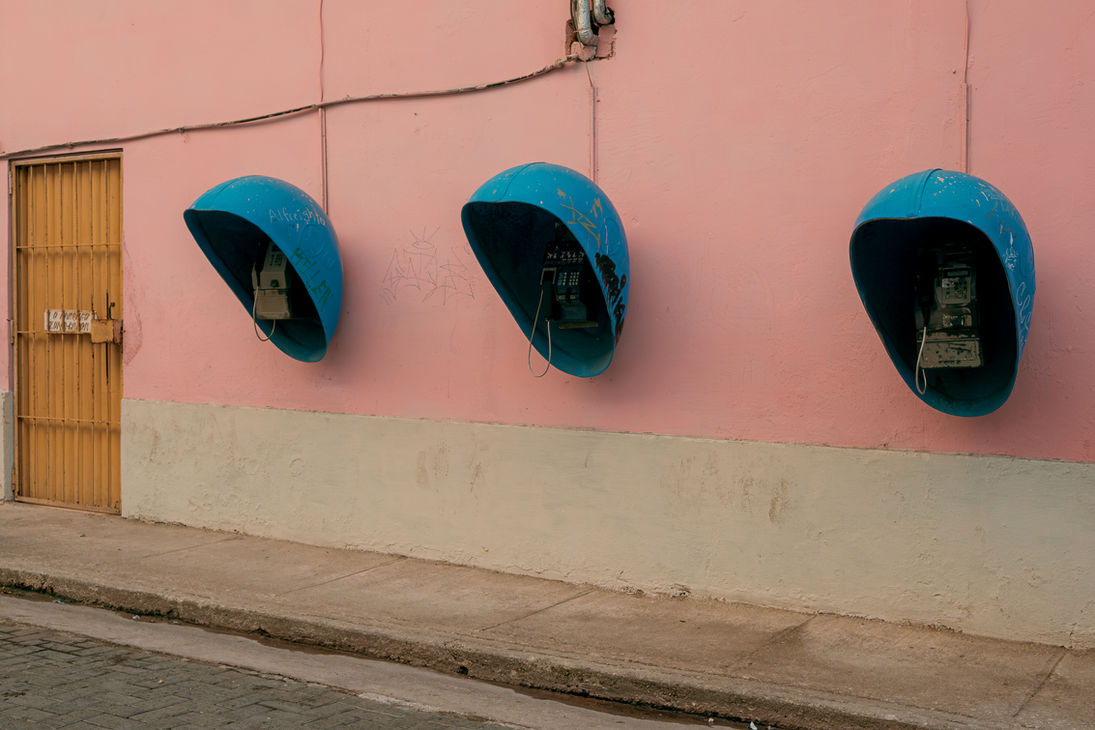A World Within Reach
Cuba reveals a society that, despite material limitations and decades of isolation, has cultivated something profoundly human: a strong sense of community. In contrast to the loneliness and inequality that dominate much of the world, daily life there thrives on solidarity, trust, and collective belonging.
Beyond stereotypes of being “happy with so little,” Cuba stands out for its culture, intellectual life, and political awareness. Public spaces, from streets to theaters, become places of coexistence where mutual support and shared responsibility replace competition and individualism.
Despite contradictions and enormous challenges, Cuba sustains itself through what it has tirelessly built: a profound sense of humanity. Against all odds, it shines as a beacon of hope—an inspiration that a better, fairer world is not only possible, but already taking shape.



























